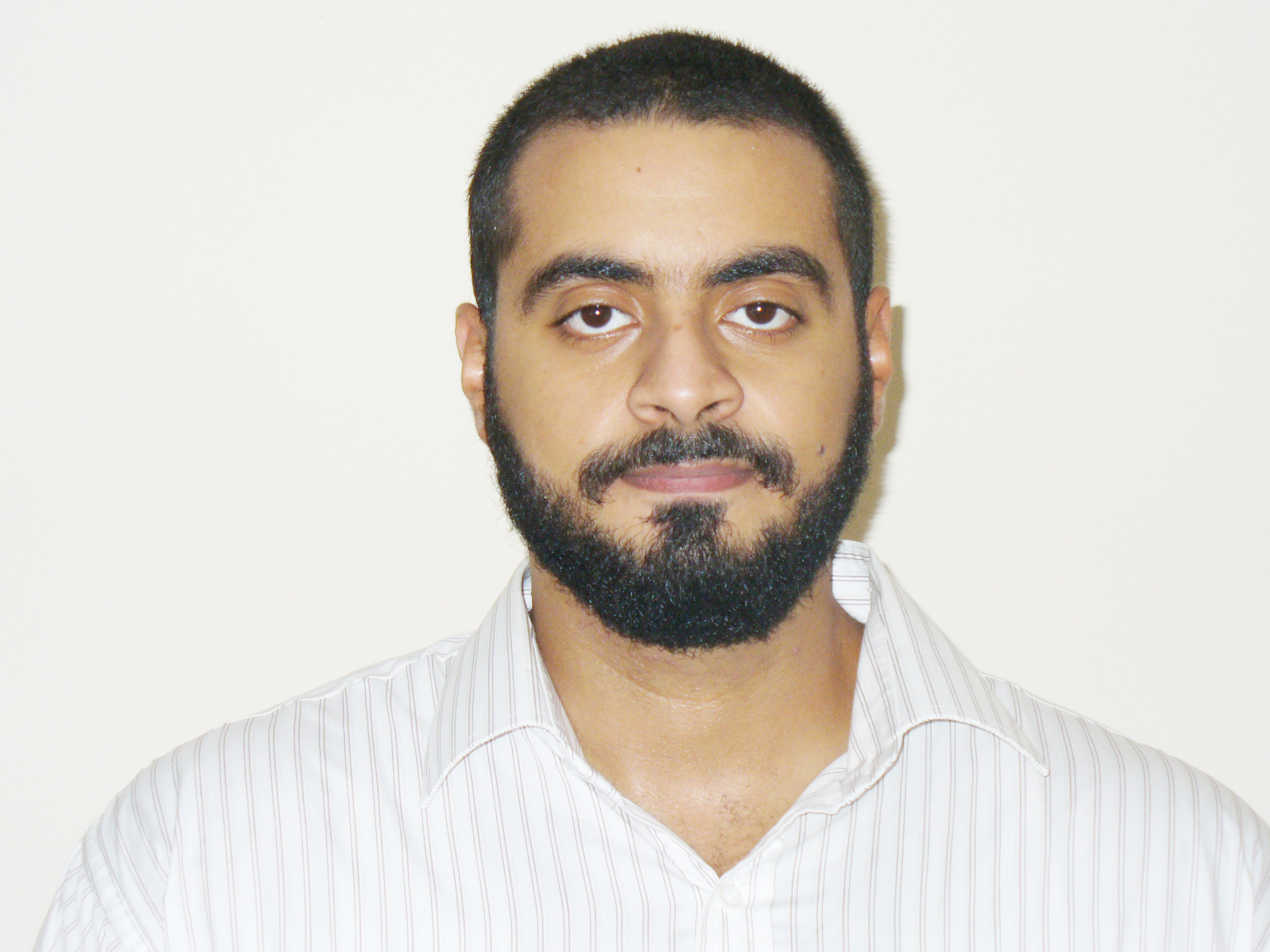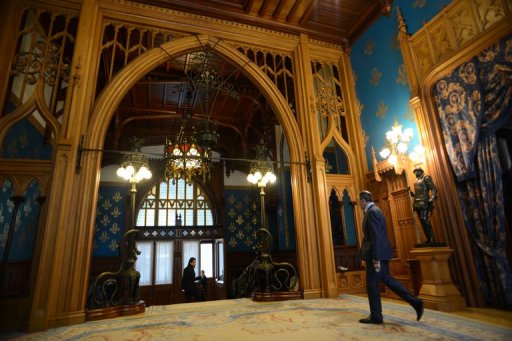 The current international political system is the result of dominant power relations between the biggest nations and also the smaller ones. The way the UN is managed, global trade is conducted, and security issues are settled are all created by man, as is the UN veto system. Therefore, they are not everlasting, unquestionable formalities and they can be changed. They are largely the aftermath of the two world wars that took millions of lives.
The current international political system is the result of dominant power relations between the biggest nations and also the smaller ones. The way the UN is managed, global trade is conducted, and security issues are settled are all created by man, as is the UN veto system. Therefore, they are not everlasting, unquestionable formalities and they can be changed. They are largely the aftermath of the two world wars that took millions of lives.
The world is now changing from one which has had the US as the only global superpower since the collapse of the Soviet Union in 1991, to one with multiple powers. The Non-Aligned Movement Summit (NAM), which has 120 member countries, defiantly underlines grievances over the international system.
The system is not just and favours the biggest players and President Mohamed Morsy’s speech at the summit in Tehran last month echoed this. Obviously there are those who are rising and are not so fond of the big dogs telling them how to conduct their affairs.
Take India and Pakistan acquiring nuclear weapons in the last few decades for example. At the time each country was known to have nuclear weapons, it was as if the world had turned upside down as countries denounced their attempts of hypothetically making the world less peaceful.
From the very beginning, India argued for nuclear status, claiming neo-colonialism and the Non-Proliferation Treaty (which prevents the spread of nuclear weapons), was creating an unjust and imbalanced world. Soon after India had acquired nuclear weapons, Pakistan was in process of doing the same. Pakistan was going to lengths to protect itself from India, the country it was in conflict with, even if it meant “eating grass” to acquire nuclear weapons, as one of its prime ministers once said.
Today the world accepts India and Pakistan as nuclear powers and global powers have not made disarmament a condition to resume relations based on mutual interests. This is even after both faced economic sanctions. This is not to advocate for a nuclear weapons-riddled world, far from it, however this is what happened, and the world adjusted to the new reality.
Morsy’s speech was very well received in Egypt, and made many Egyptians extremely proud, though some media outlets did not adequately convey the sense of pride that he harnessed. Some Arab poets recited poems for Morsy, Islamist reformists in Saudi, especially those who were suppressed and prevented from speaking against the Shi’a creed, were very pleased, while there were apologies from some Syrian groups that had earlier criticised Morsy.
The speech had a major symbolic significance, and it is understandable why it had such a positive populist feedback, but on the other hand it is not earth-shattering or going to structurally change the global system. However, many hints were made at possible future concerns that will be laid on the global table, aside from concerns of regional significance.
On the global fronts, Morsy spoke of the need to reform the UN Security Council and the need to include an African permanent member on it. More importantly, he added that there needs to be alternatives to the veto, which has hindered progression on many global fronts, including, most recently, Syria. This is very true – it does not make sense that one country retains the right to go against the world, based on the system established in 1945. Furthermore, as global power shifts, it does not make sense that France and the UK should retain their special status based on the power they wielded decades ago, which they no longer hold. Countries that will be concerned with such discourse will include Brazil, India, South Africa, Turkey, and others.
Aside from Morsy speaking of challenges like “systematic state terrorism” facing some of the member states, he also spoke of the “oppressive” economic siege by the US on Cuba. Furthermore there should be a meeting by the end of this year to discuss making the Middle East a nuclear free zone and, of course, Morsy was very clear about Palestinian rights.
There is so much in the speech that can be carefully examined, and shows a complete transformation of Egyptian foreign policy. Western media for the most part has chosen to ignore the bulk of the speech and focused on Morsy’s comments on Syria. Most of what Morsy said was not even mentioned. Perhaps political analysts and academic scholars are paying closer attention to what Morsy had to say and will take it more seriously when examining shifting patterns of international relations. For now it is too soon to decide how influential this speech will be on global affairs but if Morsy really wants to push for the matters he spoke of, he will have to do much more than giving a speech in Tehran.




